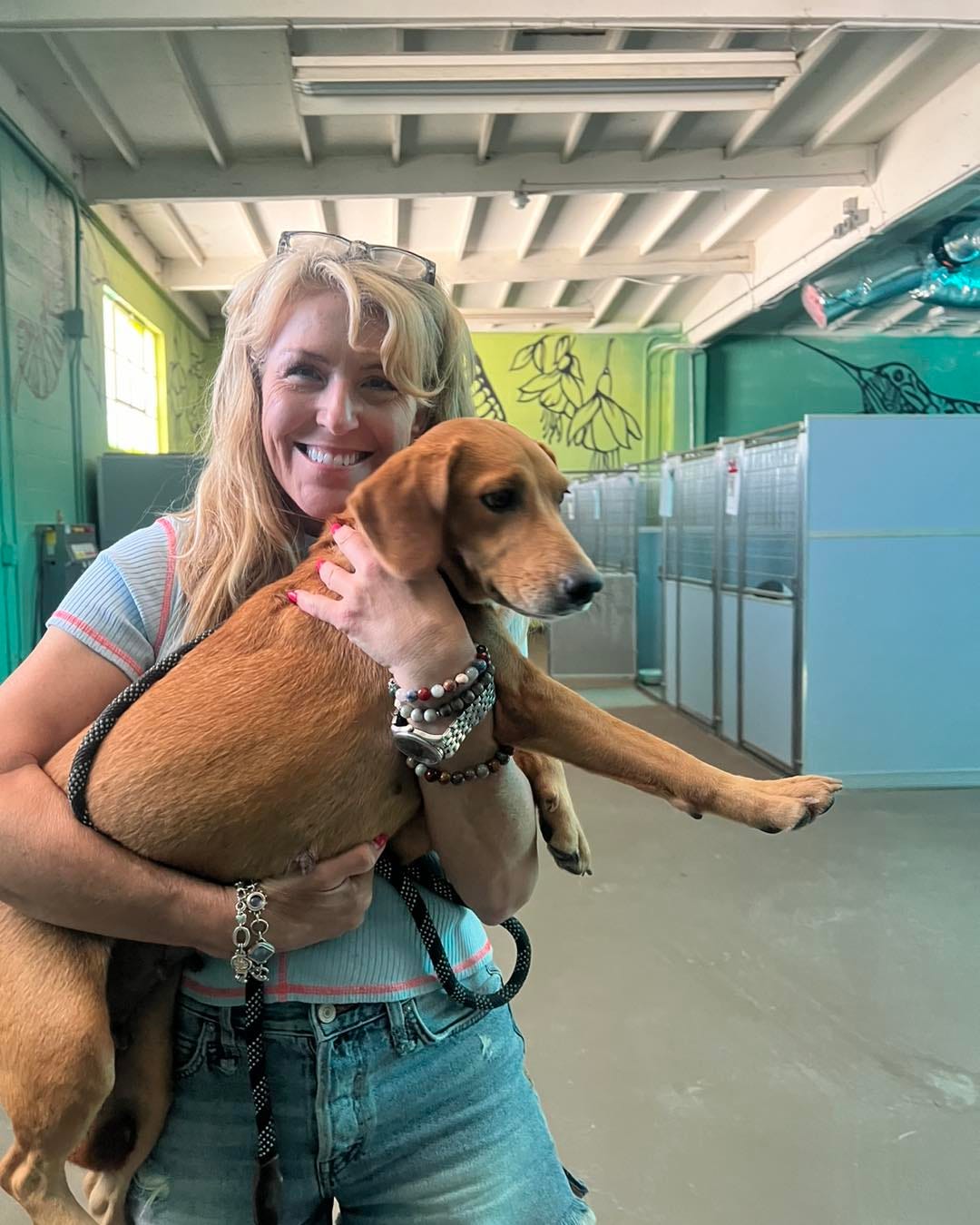Part IV in this final discusion. Read our other posts on this topic.
The evolving attitudes toward pet ownership in China reflect a complex interplay between traditional practices, economic disparity, and the growing influence of Western cultures. Historically, pets have not occupied a central role in Chinese society, especially compared to Western norms where pet ownership is seen as an integral part of family life. However, recent shifts reveal a profound transformation, driven by both domestic and international forces.
Historical Context and Traditional Views
For centuries, animals in China were primarily viewed through a utilitarian lens. Livestock, such as pigs and chickens, were raised for consumption, and even dogs were often kept for practical reasons, such as guarding property or hunting. The notion of pets as family members or companions is relatively recent. In rural areas, where resources are limited and survival is prioritized, the concept of keeping animals purely for companionship remains a luxury.
The Yulin Lychee and Dog Meat Festival, which garners international attention each year, starkly illustrates the divide in attitudes toward animals within China. While it remains a culturally ingrained tradition for some, it has become a focal point for animal rights activists and a symbol of the clash between modern values and longstanding practices.
The Western Influence
The impact of Western culture on Chinese attitudes toward pets has been significant, particularly among the urban affluent. Western ideals of pet ownership, where pets are considered members of the family and are pampered with high-quality food and medical care, have permeated Chinese society through media, travel, and expatriate communities. This shift is particularly evident among the younger, more educated demographic in major cities like Beijing and Shanghai. Western-style pet care, including pet-friendly cafés, luxury pet products, and sophisticated veterinary services, is increasingly popular.
Western influence is also evident in the rise of animal rights advocacy in China. Organizations and celebrities, both Chinese and international, have brought attention to animal welfare issues, including the cruelty associated with festivals like Yulin. These efforts have sparked dialogue and change, leading to the implementation of new animal welfare laws and the rise of grassroots movements dedicated to animal protection.
Disparities and Cultural Shifts
The divide between the affluent and poorer classes in China plays a significant role in the country's shifting attitudes toward pet ownership. For the wealthier urbanites, pet ownership is a symbol of status and modernity, facilitated by their financial means and exposure to global cultures. In contrast, for the working-class population in rural areas, the concept of pets as companions rather than resources is less accessible due to economic constraints and traditional beliefs.
Educational efforts are bridging this gap. Increasingly, local authorities and NGOs are collaborating to promote responsible pet ownership. Government-funded shelters, free adoption programs, and educational campaigns are becoming more common, helping to shift perceptions and improve the quality of life for animals. The focus on neutering, vaccinations, and humane treatment reflects a growing awareness and responsibility towards pet care.
Duo Duo Project conducting its first spay and neuter event in China.
Progress and Future Prospects
The progress made in animal welfare in China is promising. Urban areas are seeing a rise in the establishment of shelters and pet adoption events, supported by both government initiatives and non-governmental organizations. Local authorities are beginning to enforce laws against animal cruelty, and public education on pet ownership responsibilities is becoming more widespread. This evolving landscape suggests a positive trend towards integrating more humane and responsible practices into Chinese society.
The challenges ahead lie in bridging the gap between different socio-economic groups and continuing to foster a culture of compassion for animals. As education and awareness continue to spread, it is hopeful that attitudes towards pet ownership will increasingly reflect a more humane and Western-influenced perspective.
World of Angels Foundation Founder Yi Ping Lai
Rescuing Dogs from China: A Lifeline to Loving Homes Abroad
In recent years, a significant and compassionate movement has emerged to rescue dogs from China, offering them a chance at a new life far from their origins. This initiative is particularly focused on animals from regions notorious for their involvement in the meat trade, such as slaughterhouses, meat markets, and the notorious Yulin Dog Meat Festival. Organizations dedicated to animal welfare are playing a pivotal role in this rescue effort, providing these dogs with essential care and finding them loving homes in other countries.
The primary goal of these organizations is to remove dogs from imminent danger and provide them with the necessary care to recover and thrive. Many of these animals are rescued from dire circumstances, including slaughterhouses and meat markets where they face extreme cruelty. Once rescued, they are given immediate veterinary attention, including treatments for injuries and illnesses, as well as vaccinations and spaying or neutering.
The tireless Jill Stewart of China Rescue Dogs
China Rescue Dogs at Work
International Adoption and the Role of Global Support
One of the most impactful aspects of these rescue efforts is the international adoption program. By facilitating the relocation of rescued dogs to loving homes abroad, these organizations provide them with a fresh start in a supportive environment. The process involves careful coordination, including medical clearances and travel arrangements, to ensure the animals’ safety and comfort during their journey.
The adoption of these dogs by families in other countries not only offers the animals a chance for a better life but also raises awareness about the issues surrounding animal cruelty and the meat trade in China. Many adopters are motivated by the desire to make a difference and provide a loving home to a dog in need. This global network of support helps to alleviate the suffering of these animals and promotes a broader message of compassion and humane treatment.
China Rescue Dogs
The Future of Animal Welfare in China
The rescue and relocation of dogs from China represent a significant step towards ending the cruel practices associated with the meat trade. Through international collaboration and grassroots activism, there is hope for a future where such cruelty is no longer tolerated and where all animals are treated with dignity and respect.
Organizations involved in this work such as the World of Angels Foundation, Animal Hope and Wellness Foundation, Paws of China, Karuna Rescue, No Dogs Left Behind, and China Rescue Dogs continue to expand their efforts, driven by a commitment to alleviating the suffering of companion animals and promoting a more compassionate world. As awareness grows and more people become involved, the collective impact of these initiatives is expected to drive positive change, improving the lives of countless animals both in China and around the globe.
Animal Hope and Wellness
In conclusion, the changing attitudes towards pet ownership in China illustrate a dynamic cultural transformation influenced by both traditional values and Western ideals. As China continues to modernize and globalize, the integration of compassionate pet care practices signifies a broader shift towards more humane treatment of animals. This evolution represents a significant step forward in reconciling historical practices with contemporary values, fostering a more inclusive and empathetic society.







